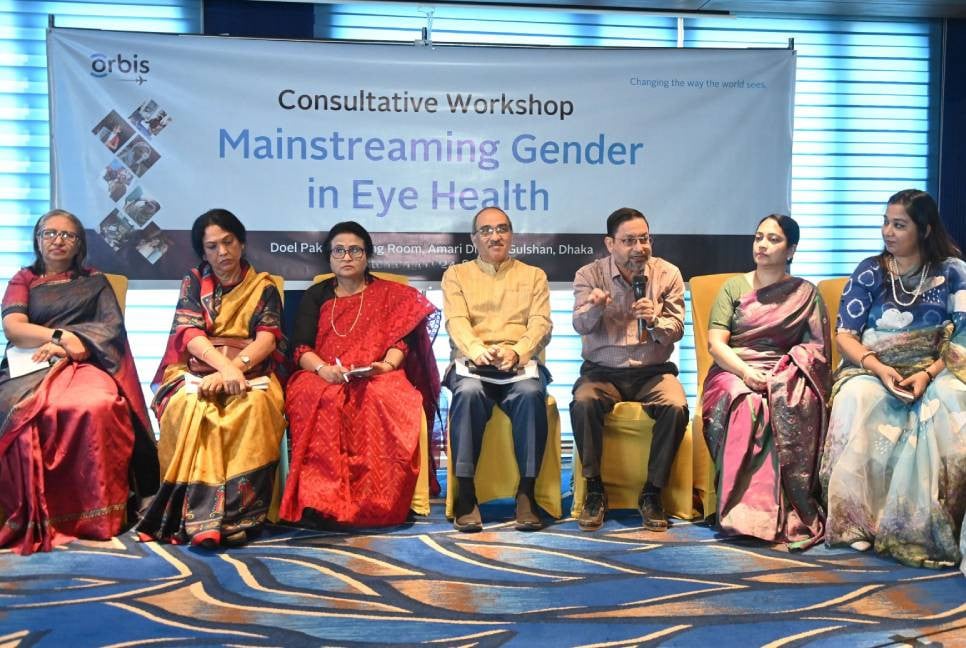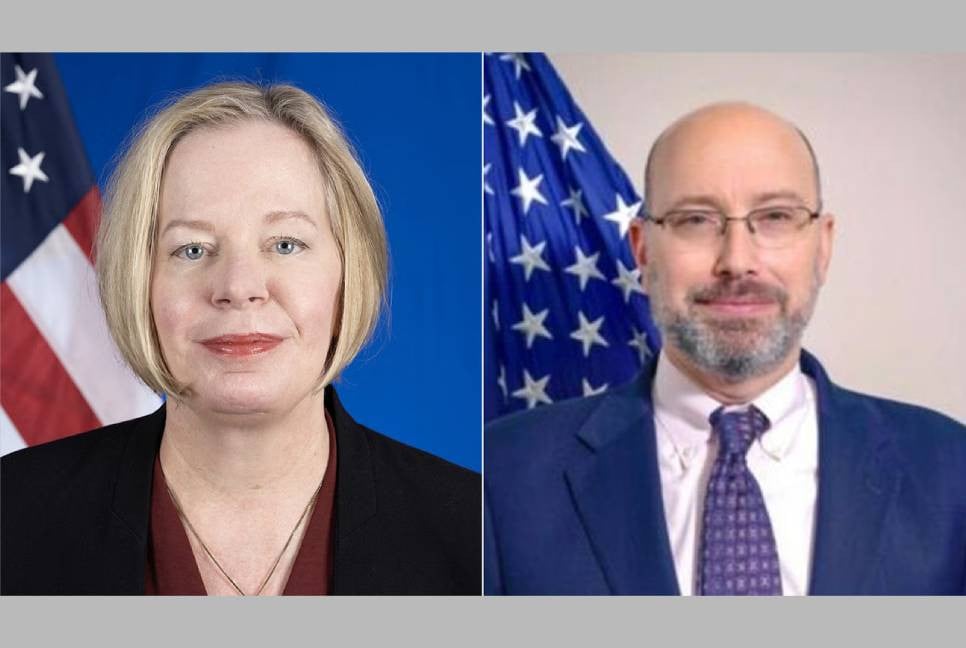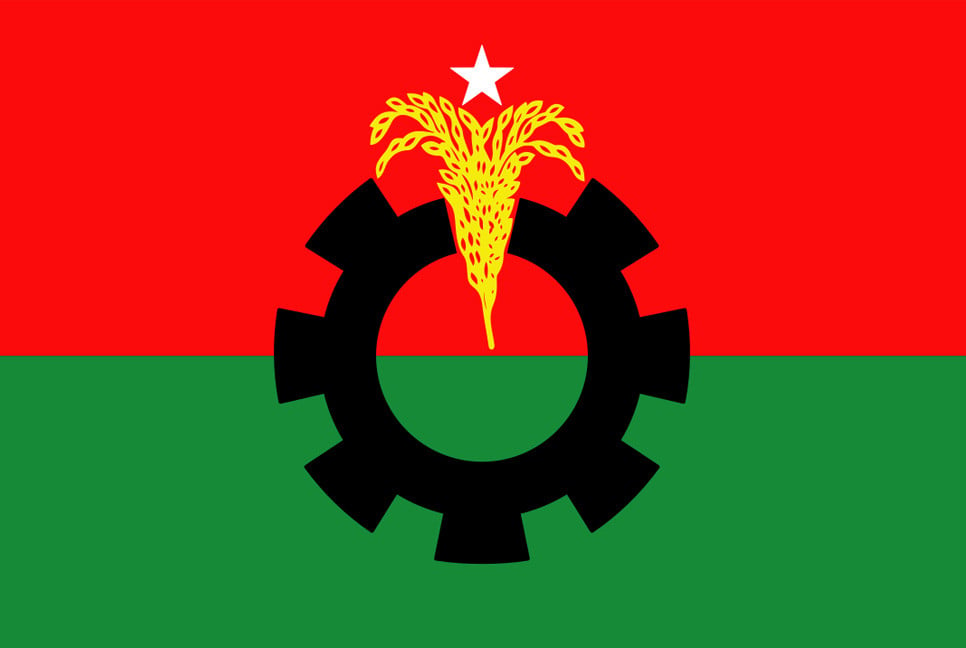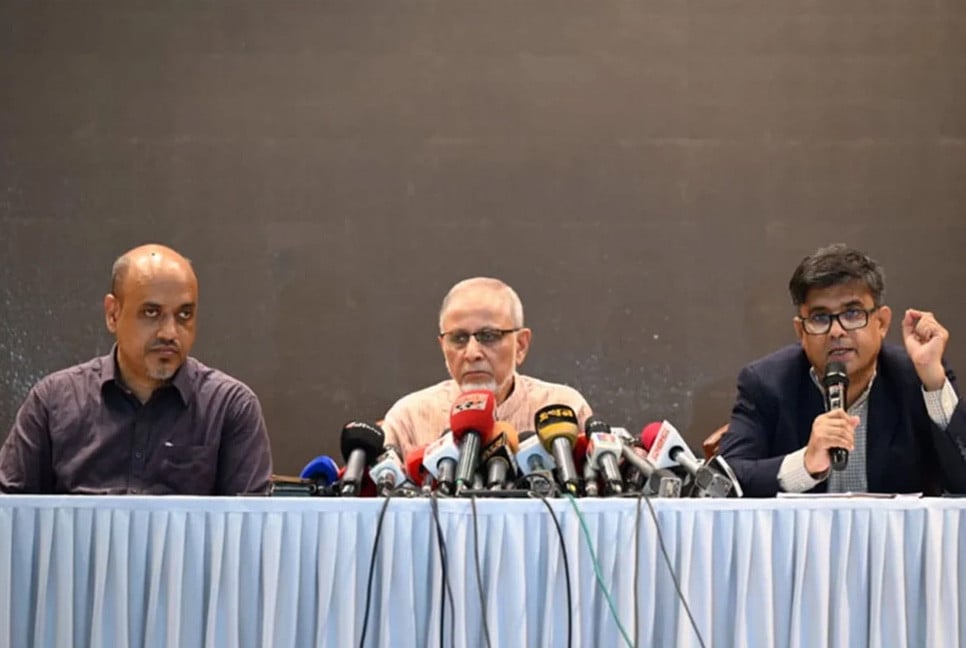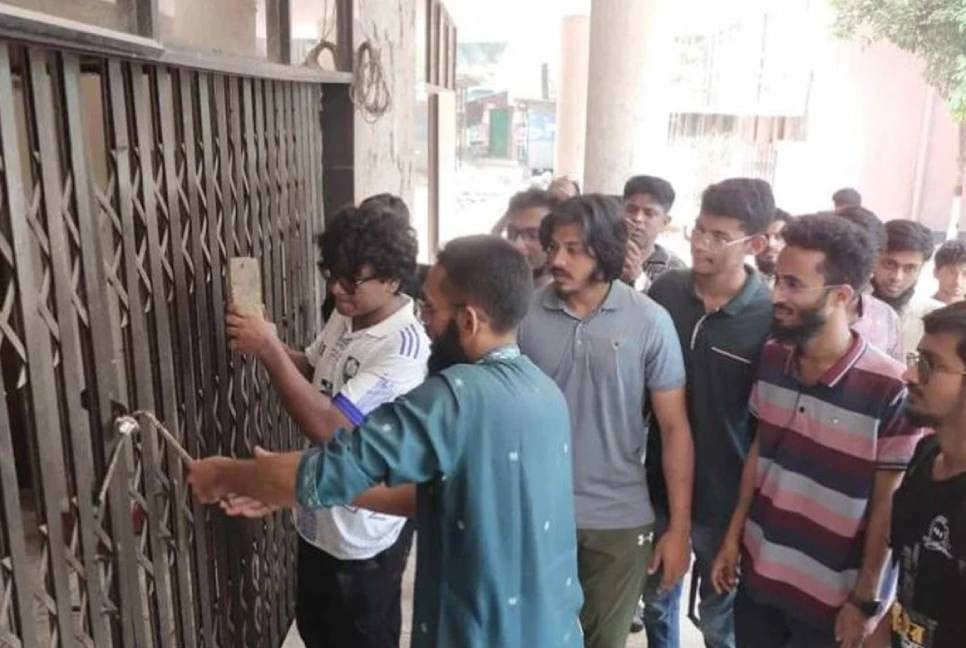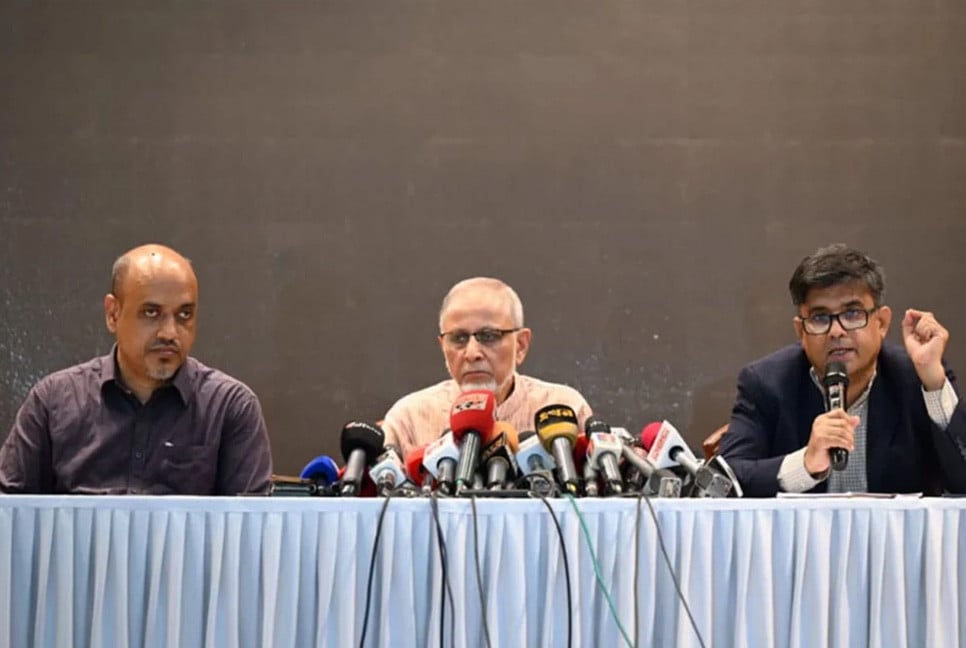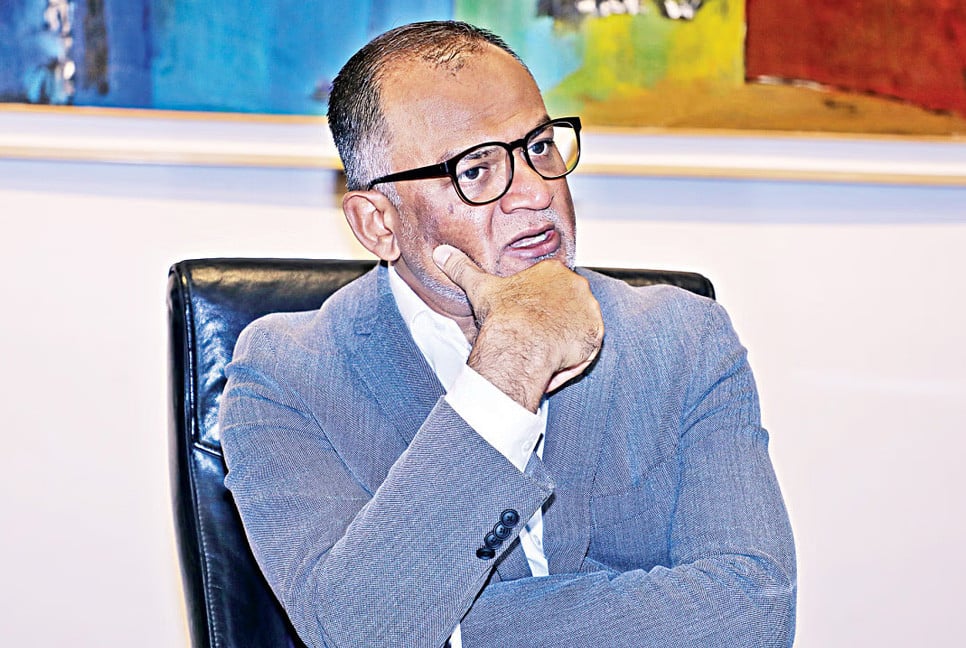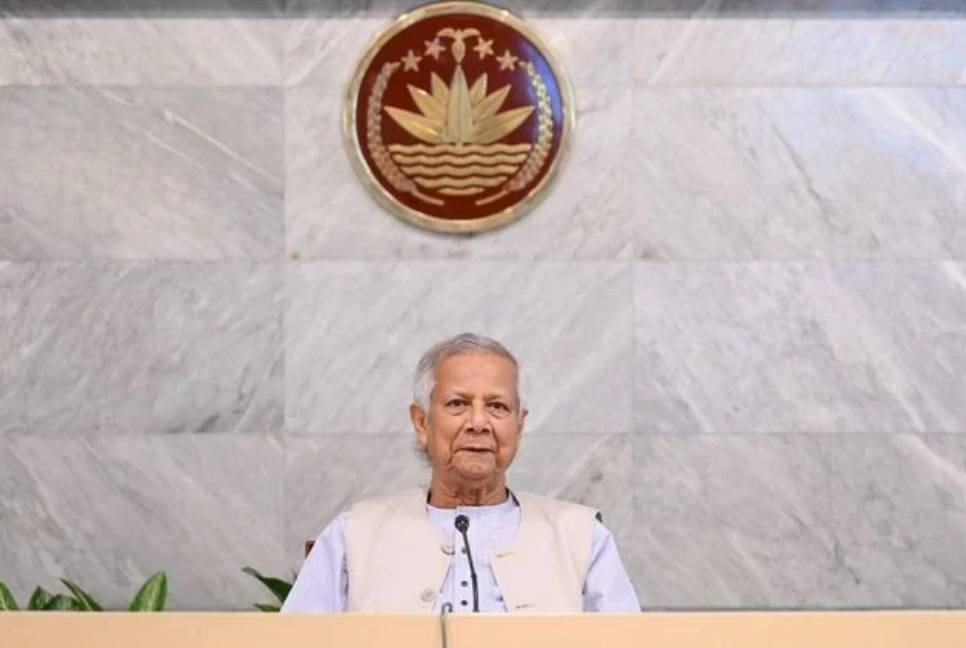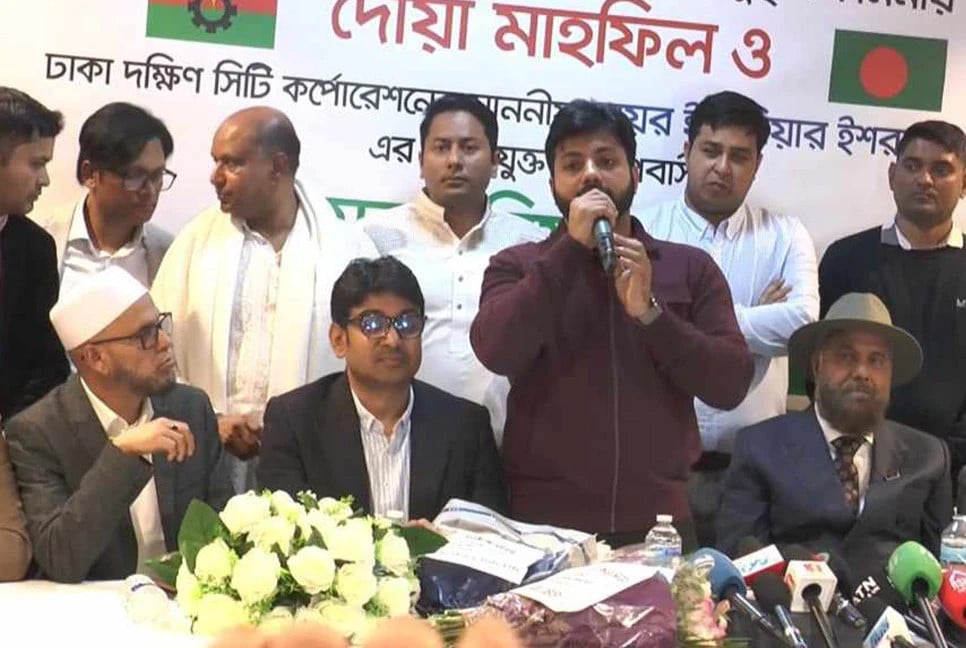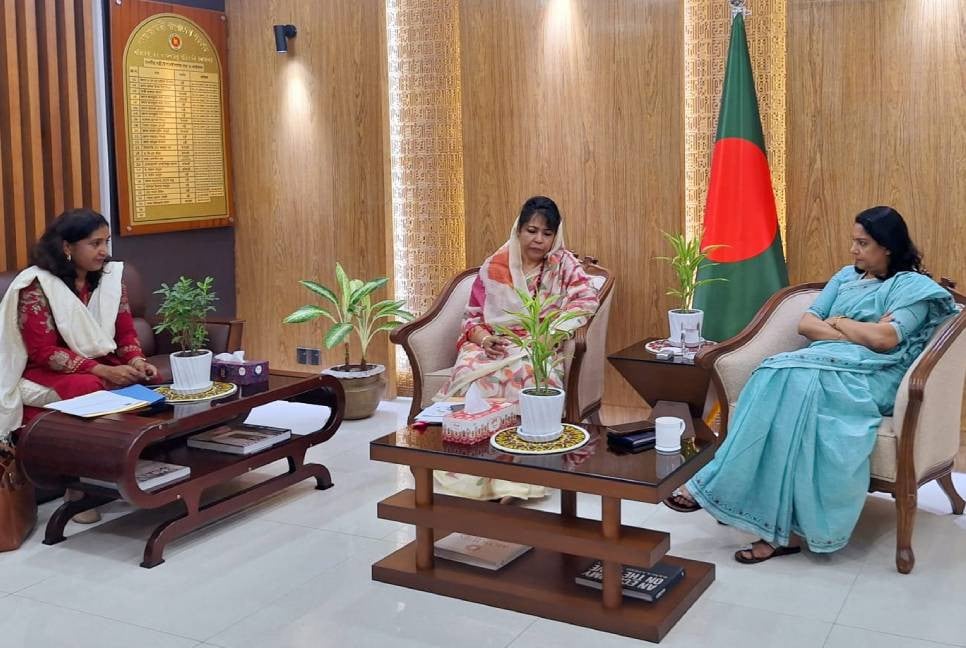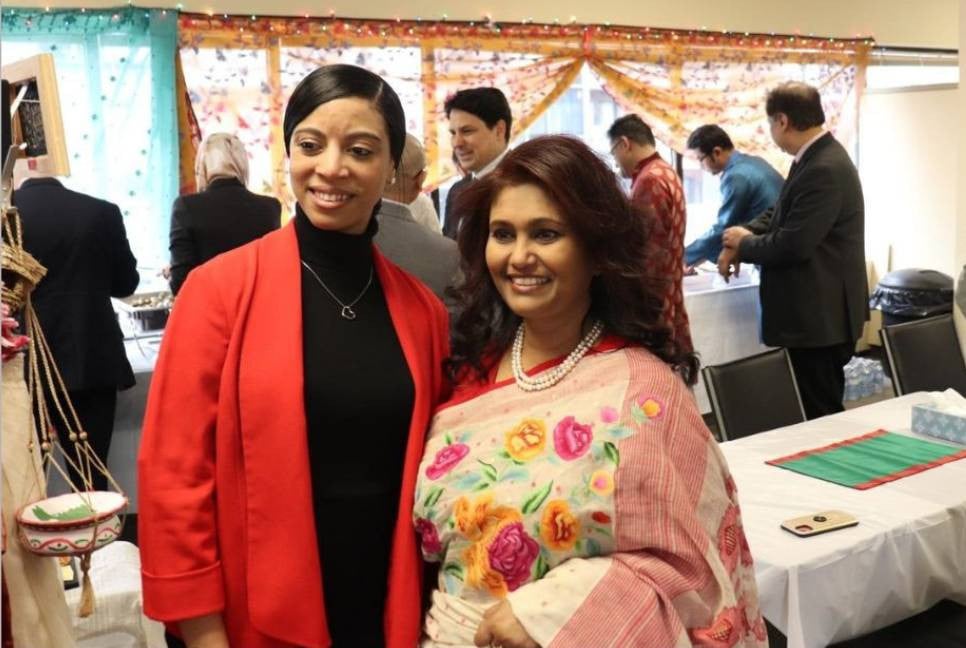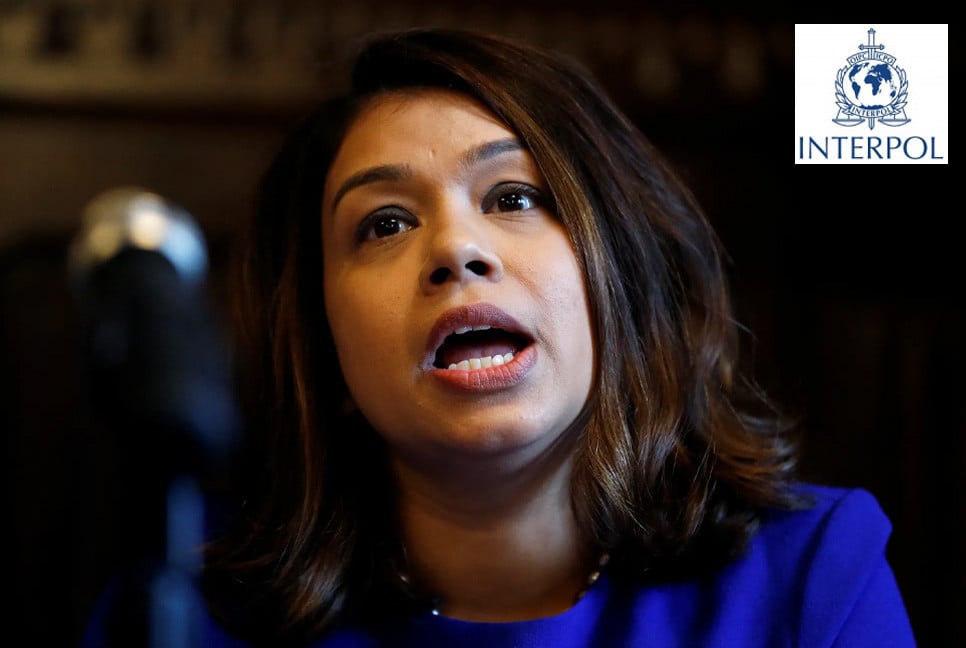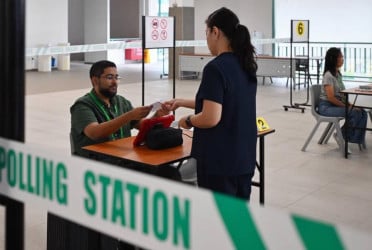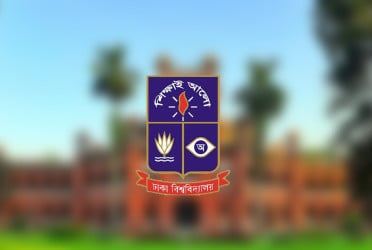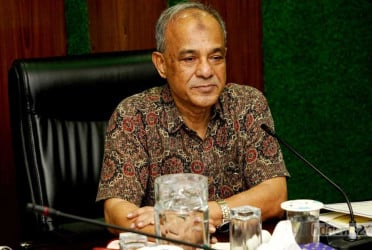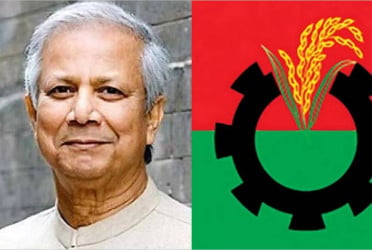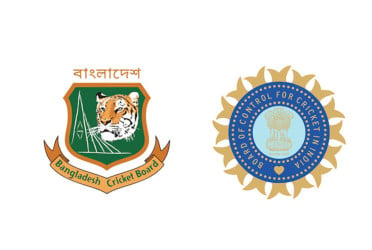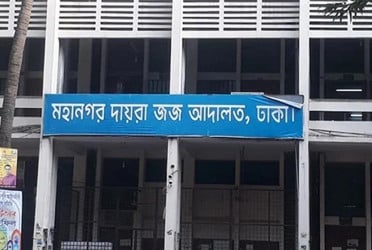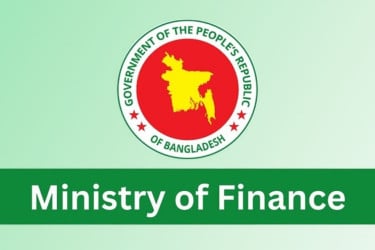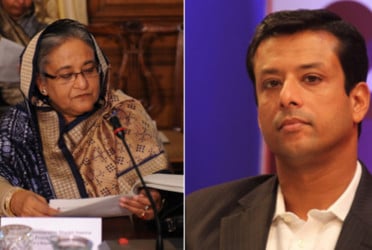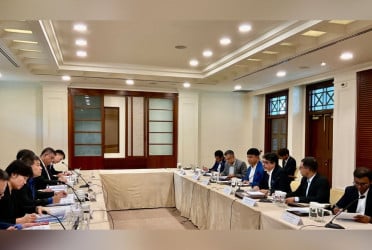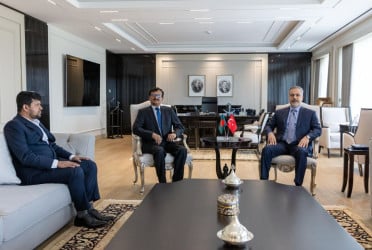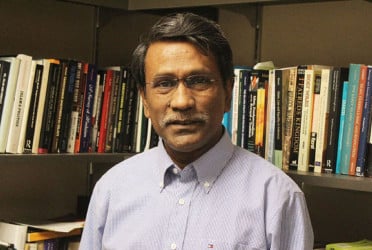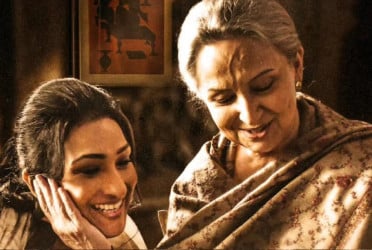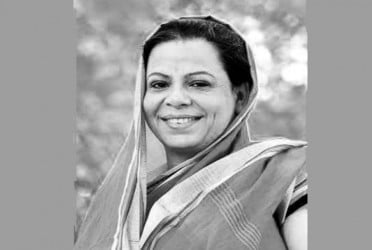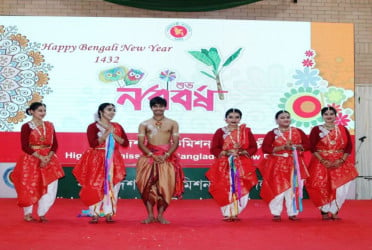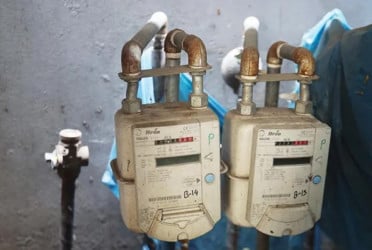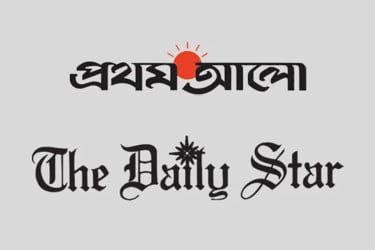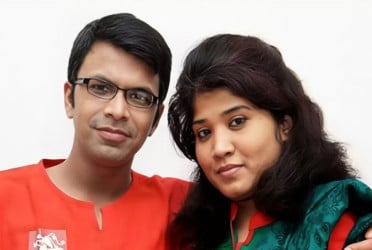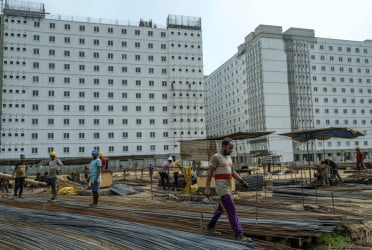A network has been formed comprising local and international NGOs working for eye health, public health experts, public health ophthalmologists, clinicians in eye health, gender experts and development specialists for gender mainstreaming in eye health, ensuring equity and access to eye care for all, said a media release.
The announcement came at a consultative workshop on mainstreaming gender in eye health organized by Orbis International in the capital on Saturday.
The meeting was presided over by Prof Dr AHM Enayet Hussain, President of Ophthalmological Society of Bangladesh (OSB) and Country Chair of the International Association for the Prevention of Blindness (IAPB) Bangladesh Chapter, as the network’s first meeting.
Prof Enayet said the rates of females’ enrolment in medical education and in higher studies in ophthalmology are higher than males, but still women lag far behind males in receiving eye care services.
Highlighting the societal barriers to seeking eye care and wearing glasses to correct poor vision or refractive errors, he said all relevant actors should come up to join hands with the health sector to end the situation.
Dr Munir, Country Director of Orbis International, said huge efforts are being made for gender mainstreaming, but it is time to proceed with the priorities, operationalise well-designed inclusive plans that is measurable and may be used to document the best practices already done.
He announced that Orbis would always remain by those who are working for gender equity and mainstreaming agenda.
Dr Khaleda Islam, former Director of Primary Health Care at DGHS, said a multi-sectoral and whole-society approach is needed to address inclusion and equity for enhancing universal eye health coverage.
Dr Nuzhat Choudhury, Professor at Bangabandhu Sheikh Mujib Medical University (BSMMU), stressed the need for sending skilled ophthalmologists to district level to bring more females under eye health coverage.
Sheepa Hafiza, equality and human rights activist, Nilufer Karim, gender specialist and Executive Director of Faith Bangladesh, Shahanoor Akter Chowdhury, Gender Equality and Social Inclusion (GESI) Advisor to Save the Children, Gazi Nazrul Islam Faisal, Director (Community Service) at Ispahani Islamia Eye Institute and Hospital, Dr Afsana Habib Sheuly, Head of Health and Nutrition at Helen Keller, Dr Farhana Huq, Director Health at Red Orange International, Masum Billah, Programme Head at BRAC, Nazme Sabina, Chief Executive at DevResonance, Dr Selina Amin, team leader of ProNurse Project at Global Affairs Canada (GAC), Anika Rahman Lipy, Assistant Director at Center for Disability in Development (CDD), Zeehan Abedin, Senior Project Manager at the Fred Hollows Foundation, BM Zahidul Islam, Programme Manager at Sightsavers, Dr Rahmanu Anjala, Programme Manager at BRAC, Syed Mushahid Ahmed, General Secretary at BNSB Moulvibazar, Md Nurul Alom Siddique, and Project Manager at the Fred Hollows Foundation took part in discussion.
The speakers made valuable suggestions for gender mainstreaming and ensuring gender equity in eye health.
The suggestions include formulation and implementation of gender mainstreaming policy at institution or organizational level, introduction of more in-depth gender and intersectional analysis, scaling up capacity development for service providers on gender and intersectionality, creation of community-level gender awareness to change negative societal norms, sensitisation and planning of gender issues by hospitals or institutions, operation of targeted camps for women and the transgender, removal of societal barrier to seeking eye care, taking targeted or affirmative action in eye care, engaging young girls in planning and organising eye care services in remote rural areas and ensuring vision test of students even at the preschool stage.
At the workshop, Mirza Manbira Sultana, Senior Monitoring and Evaluation Manager at Orbis, presented ‘Bangladesh gender-based analysis findings’ based on a study conducted at Orbis’s partner hospitals.
bd-pratidin/GR

